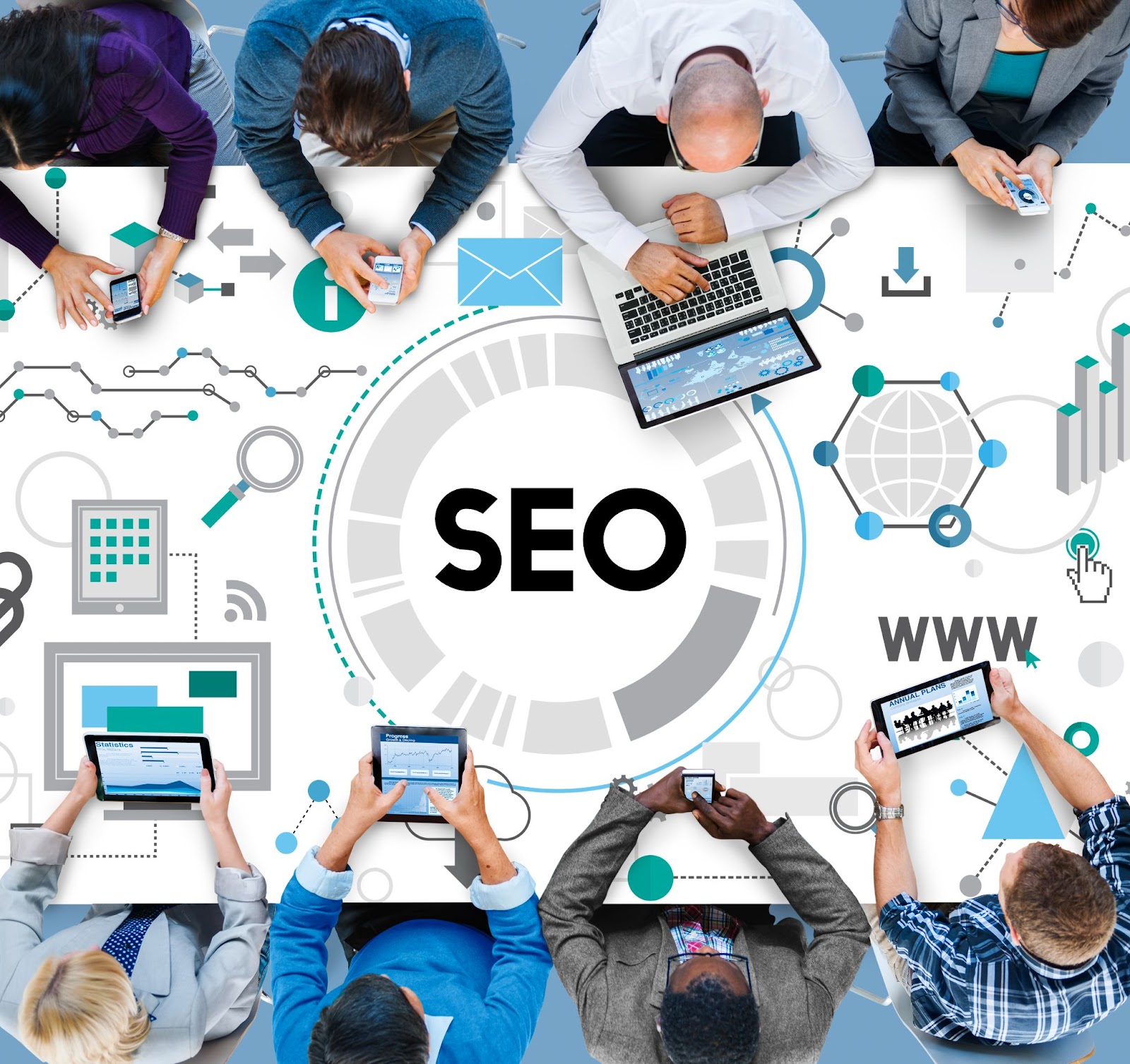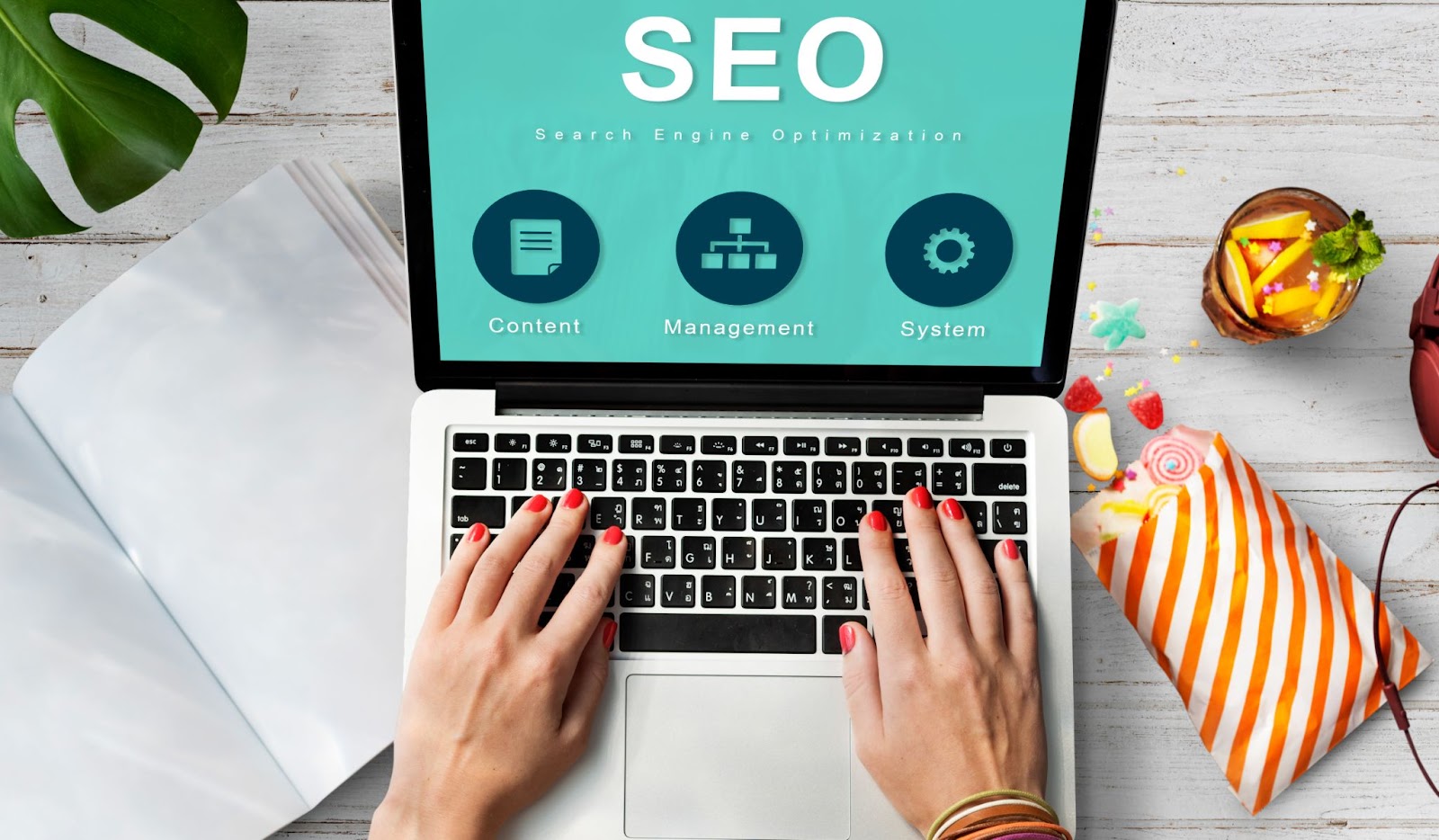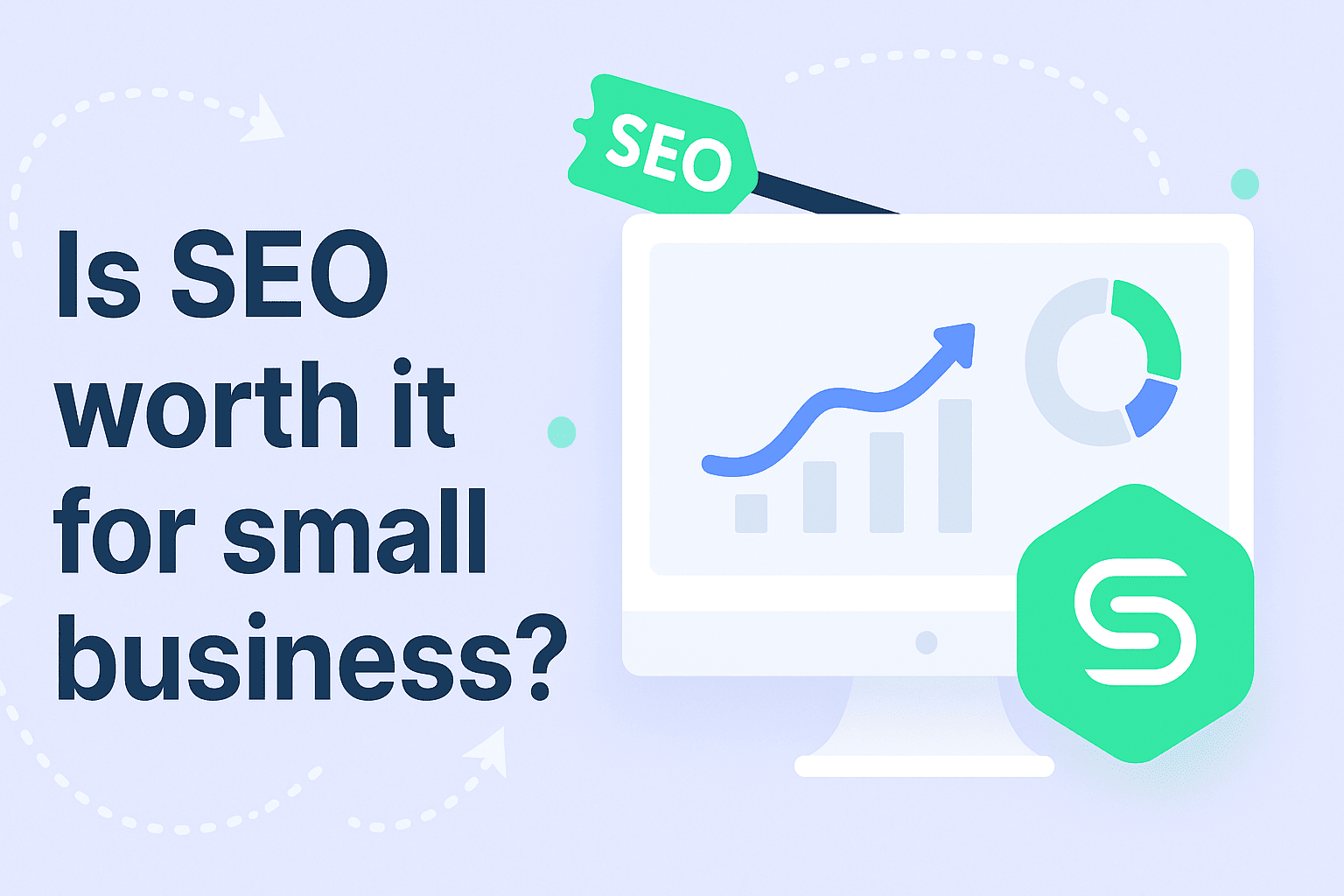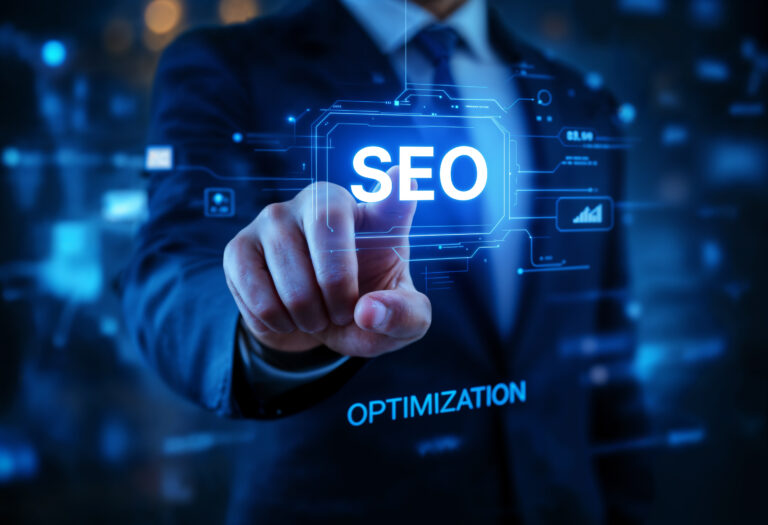Is SEO Worth It for Small Business? A 2025 Guide for Beginners
If you’re a small business owner wondering, “Is SEO worth it for small business?“, you’re definitely not alone. With rising advertising costs and increasing online competition, it’s a question many entrepreneurs are asking in 2025. At Grow360Digital, our answer is clear: yes, SEO is absolutely worth it. In fact, it’s one of the smartest, most cost-effective digital strategies a small business can adopt today.
SEO, or Search Engine Optimization, is no longer just for big brands with massive budgets. With the rise of local search, voice assistants, and semantic algorithms like Google’s BERT and Hummingbird, even the smallest local business can rank well in search results and attract high-quality traffic if they know how to play the game.
Why SEO Is More Valuable Than Ever for Small Businesses
Today’s consumers are searching for everything online from local services to product reviews and even answers to common questions. SEO helps your business show up when those searches happen. Instead of interrupting your audience with ads, SEO brings them to you at the exact moment they’re looking for something you offer.
The real beauty of SEO lies in its long-term value. Paid ads stop the moment your budget runs out, but SEO continues to drive traffic and leads even months after a blog post is published or a page is optimized. That’s why when someone asks, “Is SEO worth it for small business?”, the answer isn’t just yes it’s essential.

Understanding Semantic SEO in 2025
Gone are the days when stuffing keywords into a webpage would guarantee rankings. Google has become much smarter, using natural language processing (NLP) to understand content in a more human-like way. This shift has given rise to what’s known as Semantic SEO, a smarter, more intuitive way to optimize your site.
Semantic SEO focuses on covering topics in-depth rather than just targeting individual keywords. For example, if you’re trying to rank for “is SEO worth it for small business,” you won’t just want to repeat that phrase. You’ll want to also include related topics like SEO return on investment, comparisons with paid advertising, local SEO benefits, long-tail keyword strategies, and user intent. These related elements show Google that your content is authoritative and relevant.
SEO Offers High ROI Even on a Tight Budget
Many small business owners are cautious about marketing expenses, and rightly so. The good news is that SEO doesn’t require huge investments to get started. In fact, it can often deliver better returns than other marketing channels.
By optimizing your website for the right keywords and offering useful content, you can start attracting leads without paying for every click. If your content ranks well for valuable search terms like “is SEO worth it for small business” it can bring consistent traffic for months or even years with no ongoing advertising costs. Over time, this leads to a higher return on investment, especially compared to traditional paid campaigns that need constant funding.
Comparing SEO to Paid Advertising
While paid advertising (such as Google Ads or Facebook promotions) provides immediate visibility, it’s only temporary. The moment you stop paying, your visibility disappears. SEO, on the other hand, is a long-term strategy. Although it takes time to build momentum, once your content starts ranking, it generates traffic around the clock without draining your budget.
This doesn’t mean you have to choose one over the other. Many successful businesses use both. But if you’re asking, “Is SEO worth it for small business owners in 2025?”, the key advantage lies in sustainability. SEO builds value over time, offering consistent exposure without ongoing costs.

Why Local SEO Is a Small Business Superpower
For businesses that rely on local foot traffic like salons, restaurants, mechanics, and consultants local SEO is especially effective. It ensures that your business appears in searches made by people nearby, often using location-based phrases like “near me” or city-specific keywords.
Setting up and optimizing your Google Business Profile is one of the most important steps. By encouraging reviews, keeping your contact information updated, and posting regularly, your business can appear in map results, which are often shown above traditional organic listings. For small businesses asking “is SEO worth it for small business?”This local angle provides an incredible opportunity to stand out even against larger competitors.
Simple Ways to Start with Semantic SEO
You don’t need advanced tools or a technical background to start benefiting from semantic SEO. Begin by thinking in terms of topics, not just individual keywords. If your main keyword is “is SEO worth it for small business,” you should also naturally include related concepts like SEO vs PPC, how to measure SEO ROI, SEO costs, and benefits for local businesses.
Next, connect your content through internal links. For example, a blog post about SEO benefits can link to another article on how to set up a Google Business Profile. This not only improves user experience but also helps search engines understand the relationship between your content pieces.
Using conversational language and answering real customer questions also improves your chances of appearing in featured snippets, those highlighted boxes that show up at the top of Google’s results. You don’t need any fancy plugins to do this. Just write clearly, naturally, and cover your topic thoroughly.
Missed SEO Opportunities You Shouldn’t Ignore
Most small businesses still don’t fully take advantage of modern SEO techniques. Many haven’t optimized for voice search, which continues to rise as people use Siri, Alexa, or Google Assistant to ask questions out loud. Using natural, question-style headings like “Is SEO worth it for small business?” helps match how people speak.
Another missed opportunity is FAQ schema, a structured data markup that helps your content appear in Google’s “People Also Ask” section. Adding short, clear answers within your blog posts can increase your chances of capturing these prime SERP spots.
You can also tap into AI-powered keyword tools that suggest related phrases based on actual user behavior, giving you a clearer picture of what your potential customers are really searching for.
How to Know If Your SEO Is Working
Measuring the success of your SEO efforts doesn’t require paid software. Free tools like Google Analytics 4 and Search Console allow you to track important metrics such as traffic growth, keyword rankings, click-through rates, and on-page engagement.
If you see an increase in organic visitors over time, or if your content starts ranking for relevant terms like “,” you’ll know your SEO is making a difference. Watching these results build over time can is SEO worth it for small business be incredibly rewarding and validating.
Final Thoughts: Is SEO Worth It for Small Business in 2025?
SEO isn’t just worth it, it’s necessary. In a competitive digital space, small businesses can no longer rely solely on word-of-mouth or paid ads. SEO levels the playing field, giving even the smallest companies a chance to appear in front of the right audience at the right time.
Whether you’re just launching your site or looking to grow an established brand, SEO is a long-term investment that pays off with increased visibility, higher credibility, and steady traffic. And in 2025, with smart tools and semantic search evolving, it’s never been easier to get started.
So if you’re still asking yourself, “is SEO worth it for small business?” The answer is a definite yes.

Frequently Asked Questions (FAQs)
What does “is SEO worth it for small business” really mean?
It refers to evaluating whether search engine optimization delivers a good return on time and money invested, especially for smaller operations with limited budgets.
How much should I spend on SEO as a small business?
You can start for free using DIY methods and gradually scale. Hiring experts ranges from $300 to $1000+ per month based on goals and competition.
Can I do SEO myself as a beginner?
Yes! Tools like Google Search Console, RankMath, or Yoast SEO plugins make it simple to get started even without technical knowledge.
What’s the difference between SEO and paid ads?
Paid ads offer fast but short-term results. SEO takes longer but builds lasting visibility and trust with your audience.
When will I see SEO results?
Usually within 3 to 6 months, depending on your industry, competition, and how consistently you publish and optimize content.








